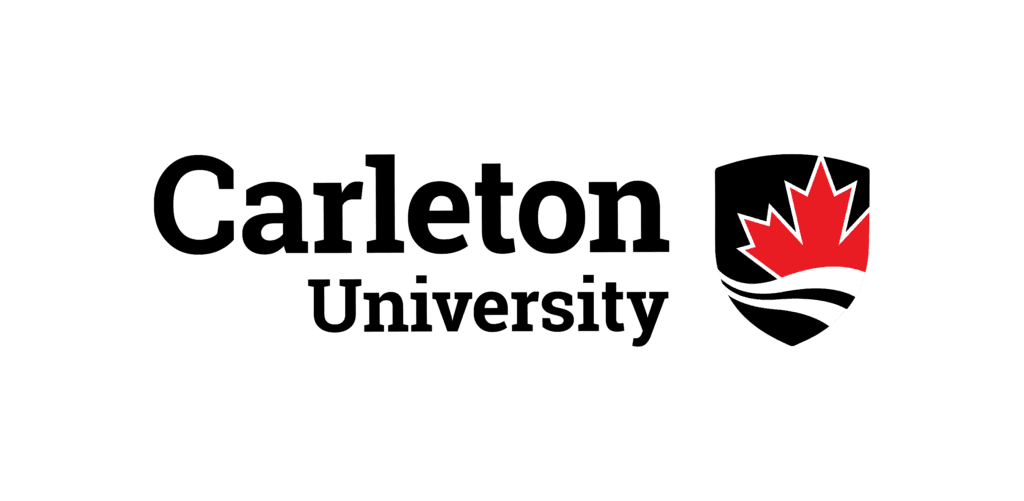copy of Artificial Intelligence and Machine Learning – 2023 Buffet Luncheon (Kiosk-Style) Event
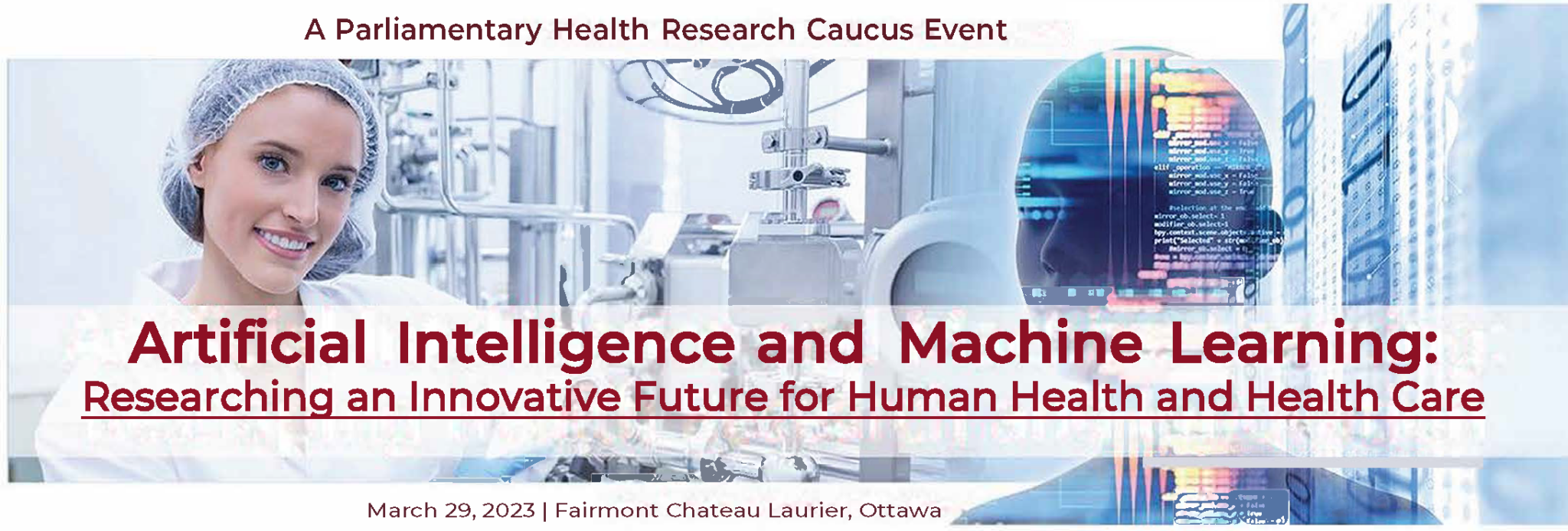
Wednesday, March 29, 2023
Fairmont Château Laurier
Ottawa, Ontario
This event is by Invitation only.
Artificial Intelligence and Machine Learning – 2023 Buffet Luncheon (Kiosk-Style) Event
12:00 pm – 1:30 pm: Kiosk Style – Artificial Intelligence and Machine Learning
Hosted by Research Canada. Welcome by Ms. Deborah Gordon-El-Bihbety, Research Canada’s President and CEO with Special Remarks from Dr. Tarik Möröy, Research Canada’s Vice Chair.
Artificial intelligence (AI) and related technologies are increasingly prevalent in business and society, and are being applied to human health and health care. These technologies have the potential to transform many aspects of patient care. There are already a number of research studies suggesting that AI can perform as well as or better than humans at key health care tasks, such as diagnosing disease.
For this event, researchers and innovators will present under the following sub-themes:
- The Use of AI to Accelerate R&D: New Modalities for Drug Development
- Improving the Fairness of AI Models: Benefitting Patients and Reducing Clinical Workloads in AI-Based Medical Image Diagnostics
- AI in Computer Vision and Surgery
- How AI and Neuroscience Drive Each Other Forwards
- The Use of AI in Electronic Medical Records and Large Medical Datasets
Theme 1: New Modalities for Drug Development and Improving the Fairness of AI Models
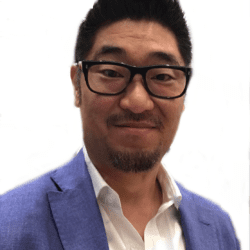 Handol Kim
Handol Kim
Co-Founder and CEO, Varitional AI
Mr. Handol Kim is Co-Founder & CEO of Variational AI, a Vancouver-based start-up applying generative AI to the discovery of novel small molecule therapeutics for solid tumor (oncology) indications. Variational AI has developed a proprietary generative AI drug discovery platform that rapidly creates novel, potent, and safe drug molecules to redefine the unit economics of drug discovery and development.
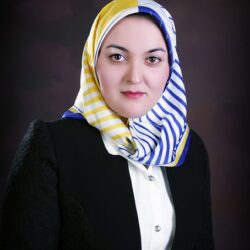 Laleh Seyyed-Kalantari, PhD
Laleh Seyyed-Kalantari, PhD
Assistant Professor, Department of Electrical Engineering and Computer Science, Lassonde School of Engineering, York University
Dr. Laleh Seyyed-Kalantari is an Assistant Professor in Electrical Engineering and Computer Science department at York University. Before that, she was an Associate Scientist at Sinai Health (2021-2022), and an NSERC postdoctoral fellow at the Vector Institute and the University of Toronto (2019-2021). Her research interests are responsible AI, AI in medical imaging and removing barriers toward trustable AI deployment in clinics to benefit patients and clinical staff.
Theme 2: AI in Computer Vision and Surgery
 James Green, PhD, P.Eng
James Green, PhD, P.Eng
Professor, Department of Systems and Computer Engineering, Department of Health Sciences, Carleton University
Dr. James Green is a Professor at Carleton University. He applies machine learning and computer vision to solve problems in biomedical informatics, particularly in the presence of class imbalance. Current projects include video-based real-time patient monitoring; mitigating vibrations experienced by neonatal patients during emergency ground and air transport; non-contact multimodal data analysis for estimating patient stress during VR therapy for PTSD; and developing novel machine learning methods for analyzing protein structure, function, and interaction.
 Rita Noumeir, PhD
Rita Noumeir, PhD
Professor, Professeure titulaire, École de technologie supérieure, Chaire de recherche double en intelligence artificielle en santé, École de technologie supérieure
Dr. Rita Noumeir is a professor at ÉTS and a researcher at CHU Ste Justine. She works with the intensive care physicians to develop decision support systems that improve clinical monitoring, diagnosis of severe and acute conditions, personalized prescribing and healthcare process optimization. Her research is based on artificial intelligence methods using imaging data, videos, signals, genomics and logistics. She is also the author of the Canadian standard for sharing medical images in the electronic record.
 An Tang, MD, MSc, FRCPC
An Tang, MD, MSc, FRCPC
Radiologist, Centre Hospitalier de l’Université de Montréal (CHUM) Researcher, Centre de recherche du centre hospitalier de l’Université de Montréal (CRCHUM) Professor, Department of Radiology, Radiation Oncology, and Nuclear Medicine, Université de Montréal
Dr. An Tang is an abdominal radiologist and research scientist at the Centre Hospitalier de l’Université de Montréal (CHUM) and Full Professor at the Université de Montréal. He works with computer scientists and engineers to improve the early detection and diagnosis of liver cancer and chronic liver disease.
Theme 3: How AI and Neuroscience Drive Each Other Forwards
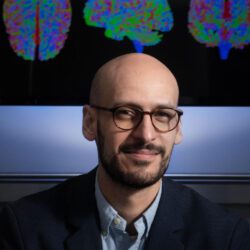 Maged Goubran, PhD
Maged Goubran, PhD
Scientist, Sunnybrook Health Sciences Centre, Assistant Professor, Medical Biophysics, University of Toronto
Dr. Maged Goubran is an early career Scientist in the Physical Sciences Platform and Hurvitz Brain Sciences Program at Sunnybrook Research Institute, and Assistant Professor of Medical Biophysics at University of Toronto. He is a Tier II Canada Research Chair in Artificial intelligence (AI) and Computational Neurosciences. His work focuses on the development of novel AI and computational tools to predict and understand circuit alterations, and model brain pathology in neurological disorders.
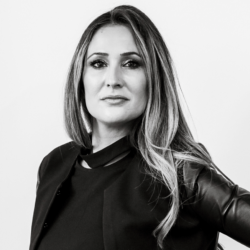 April Khademi, PhD, P.Eng
April Khademi, PhD, P.Eng
Assistant Professor, Electrical, Computer, and Biomedical Engineering, Toronto Metropolitan University
Dr. April Khademi, PhD, P.Eng., is Associate Professor of Biomedical Engineering at Toronto Metropolitan University and Principle Investigator of the Image Analysis in Medicine Lab (IAMLAB). She leads research in the design of AI algorithms for radiology and pathology images, which are used to improve accuracy of diagnosis, measure disease progression and to understand more about disease causation.
 Bryan Tripp, PhD
Bryan Tripp, PhD
Assistant Professor, Bio-Robotics, Artificial Intelligence and Neuroscience Lab, Core Member, Centre for Theoretical Neuroscience, University of Waterloo
Dr. Bryan Tripp is an Associate Professor at the University of Waterloo. His research uses deep learning to develop functional brain models and applies deep learning and neuroscience-inspired models to problems in healthcare and robotics.
Theme 4: The Use of AI in Electronic Medical Records and Large Medical Datasets
 Jon Sensinger, PhD, P.Eng
Jon Sensinger, PhD, P.Eng
Professor, University of New Brunswick
Dr. Jon Sensinger is the director of UNB’s Institute of Biomedical Engineering and Professor of Electrical and Computer Engineering. He is an engineer who works with clinicians to optimize patient ability in physical rehabilitation. His institute applies Artificial Intelligence to healthcare problems to improve detection and make solutions more efficient. UNB’s custodianship of NB’s health records cross-referenced with other massive databases offers an ideal ecosystem to apply AI to accelerate rehabilitation and enable healthy aging.
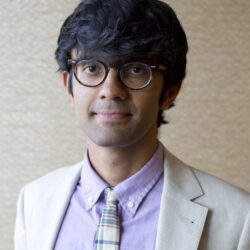 Abhinav Sharma, PhD
Abhinav Sharma, PhD
Assistant Professor, Division of Cardiology, McGill University Health Centre
Dr. Abhinav Sharma is a cardiologist, clinician-scientist, and an assistant professor in the division of cardiology at McGill University. His primary research focuses on the use of artificial intelligence and wearable devices to improve diagnosis and identification of cardiovascular disease. The technology he is developing aims to reduce healthcare costs through prevention and early diagnosis thereby improving quality of care for Canadians.
 Peter Tanuseputro, PhD
Peter Tanuseputro, PhD
Clinical Research Chair, Palliative Care and Predictive Analytics, Bruyère Research Institute
Dr. Peter Tanuseputro is a Public Health physician and an Investigator at the Bruyère Research Institute – an organization that focuses on improving the health of older Canadians. He practices family medicine with a focus on palliative home visits. His research uses linked health databases to develop population perspectives on health care use and outcomes associated with aging and end of life. His team also builds AI-powered prediction algorithms that helps patients and caregiver make better health decisions.
 Bo Wang, PhD
Bo Wang, PhD
Scientist, University Health Network, CIFAR AI Chair, Vector Institute, Assistant Professor, University of Toronto
Bo Wang is a tenure-track assistant professor at the University of Toronto and Lead AI scientist for the Peter Munk Cardiac Centre of the University Health Network. He holds a CIFAR AI Chair at Vector Institute. He is a computer scientist working with clinicians to develop integrative and interpretable machine learning algorithms that can help with predictive models and decision support to tailor patients’ care to their unique clinical and genomic traits.






